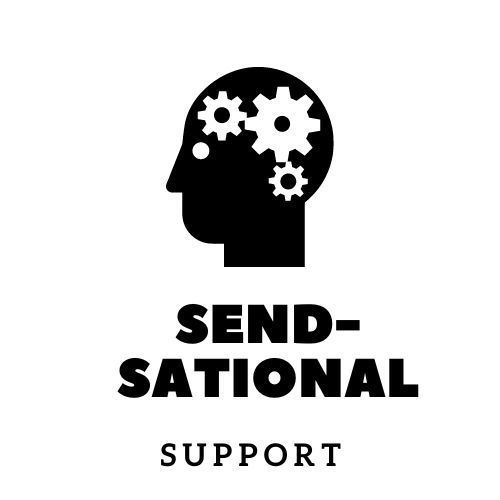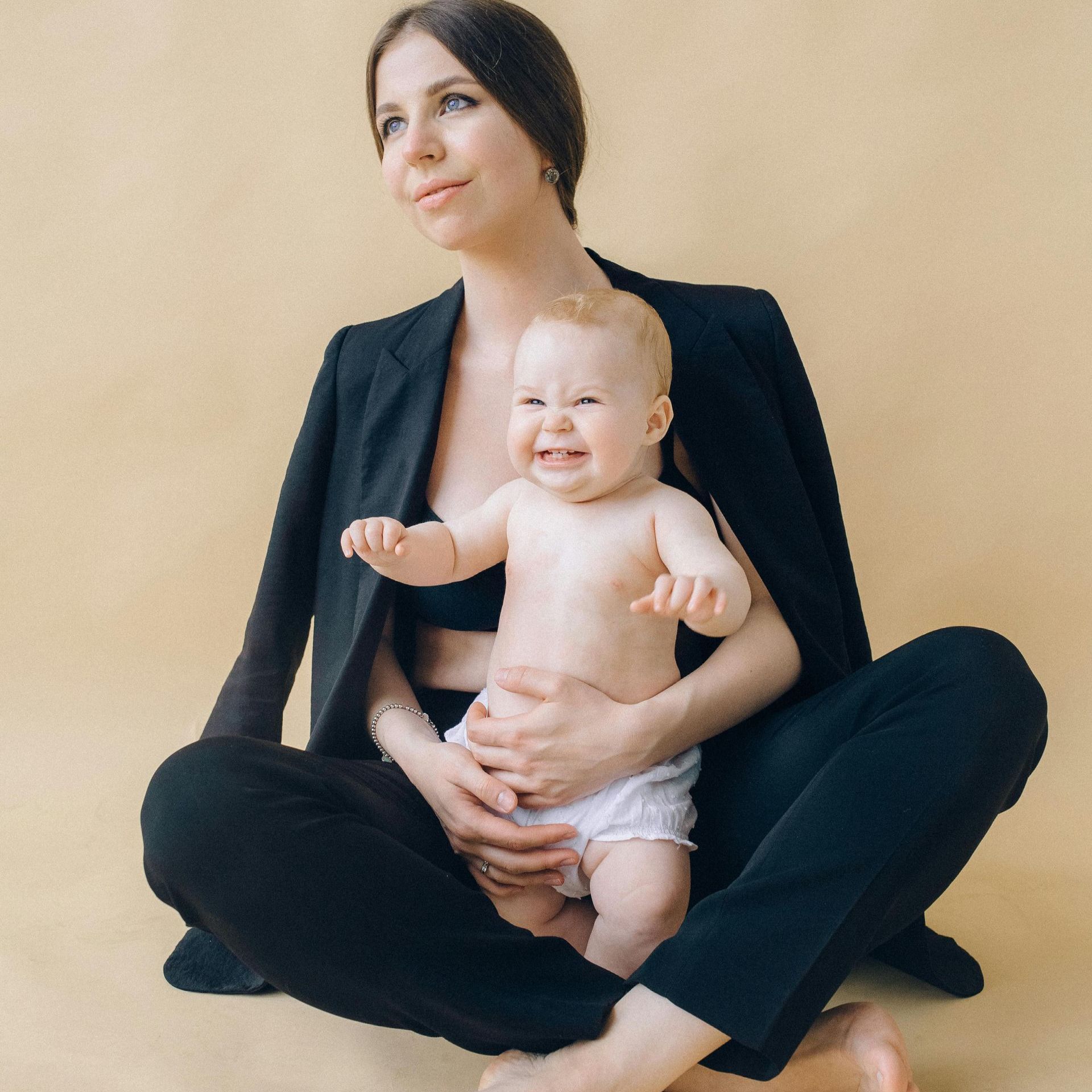Program: Offering an Inclusive Step-by-Step Approach
Offering an Inclusive Step-by-Step Approach to Progression within the EYFS Seven Areas of Development

At SENDsational Support we believe there are six steps
to creating a truly inclusive early years provision.
This blog takes a closer look at step five...'Program' and asks...
How Can We Offer an Inclusive Step-by-Step Approach to Progression within the EYFS Seven Areas of Development?
The Early Years Foundation Stage (EYFS) framework provides a solid foundation for the development and learning of young children. To ensure that every child can thrive and progress, it is essential to offer an inclusive step-by-step approach to progression within the EYFS seven areas of development. This blog explores the significance of inclusivity and outlines strategies to support all children in their journey of growth and development.
Understanding Each Child's Unique Starting Point
First we must recognise that every child has a unique starting point and progresses at their own pace.
This will enable us to embrace and value individual differences, including diverse backgrounds, abilities, and learning styles. Conducting thorough assessments will help to understand each child's strengths, needs, and interests, enabling you to tailor your approach to their specific requirements.
Providing a Supportive and Nurturing Environment
Create a supportive and nurturing environment where all children feel valued, respected, and included. Foster positive relationships with children and their families, and establish an atmosphere of trust and collaboration. Encourage children to express themselves, celebrate their achievements, and support their peers. A safe and inclusive environment sets the stage for progression across all areas of development.
Implementing Differentiated Learning Strategies
To support inclusive progression, engage in differentiated learning strategies that cater to the diverse needs of children. Adapt activities, resources, and teaching methods to accommodate different learning styles, abilities, and preferences. Offer a range of sensory experiences, visual aids, and alternative communication methods to ensure all children can engage and make progress.
Individualised Learning Plans
Develop individualised learning plans for children with additional needs or specific requirements. Collaborate with parents, carers, and relevant professionals to identify appropriate goals and strategies. Regularly review and update these plans to celebrate progress and reflect on children's evolving needs. By offering personalised support and targeted interventions, you can facilitate progression in all areas of development.
Continuous Assessment and Observation
Engage in ongoing assessment and observation to monitor children's progress and identify areas that require further attention. Use a combination of formal and informal assessment methods, such as observations, task analysis, and work samples. Regularly review and share progress with families, involving them as partners in their child's learning journey.
Collaborating with Specialists and External Agencies
Inclusive progression may require collaboration with specialists and external agencies, such as speech and language therapists, occupational therapists, or inclusion support teams. Seek their expertise and guidance to develop strategies and interventions that address specific developmental needs. Embrace a multidisciplinary approach to provide comprehensive support for all children.
Celebrating Individual Achievements
Acknowledge and celebrate individual achievements, no matter how small, to foster a sense of pride and motivation. Recognise progress across all areas of development, including physical, emotional, social, cognitive, and creative areas. Create opportunities for children to share their accomplishments with their peers, families, and the wider community, promoting a positive and inclusive learning environment.
Outcome
Offering an inclusive step-by-step approach to progression within the EYFS seven areas of development is crucial for supporting the growth and learning of all children. By understanding each child's unique starting point, providing a supportive environment, implementing differentiated strategies, offering individualised learning plans, conducting continuous assessment and observation, collaborating with specialists, and celebrating achievements, we can ensure that every child progresses and flourishes. Embrace inclusivity as a core value, and watch as children develop confidence, resilience, and a love for lifelong learning.
Children First.










